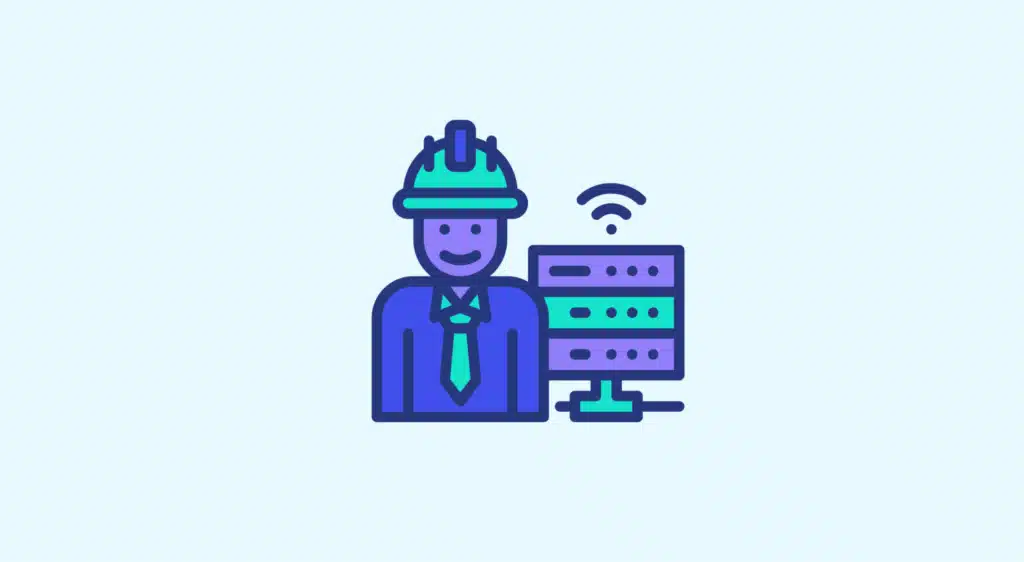According to a Puppet study dated 29 March 2022, the DevOps engineer job is one of the best paid and has increased in value since 2019, given the very high demand from automation companies for few candidates and the good DevOps Engineer Salary.
Who is a DevOps engineer?
DevOps engineers work closely with the development and operations teams in a company’s IT department. They act as a link between these two teams. A highly sought-after profile, their objective is to develop a system more quickly, while ensuring its continuity by providing regular functionalities and updates.
DevOps is a very interesting resource for companies, but also a particularly rare one, as this profession has only recently emerged. For this reason, the salary is particularly high and it will be one of the most sought-after positions in 2021.
How much does he earn?
The average DevOps Engineer Salary is €66,000/year. We need to look at this figure in terms of seniority, the size of the company and the skills of the Devops engineer.
Firstly, there are major disparities across Europe, with salaries around 20% higher in big cities.

Salary then varies according to the seniority of the engineer. Junior DevOps engineers earn between €30,000 and €40,000 per year. After three years’ experience, the salary can rise to €55,000 and then to €70,000 gross per year for a senior DevOps Engineer Salary, who therefore has more than ten years’ experience
Depending on the needs and size of the company, this DevOps Engineer Salary will also vary, since a start-up will not have the same resources or the same need to hire a DevOps engineer as a company specialising in fintech or application deployment.
The skills that make the difference
To be eligible for a high salary, DevOps engineers need to acquire specific skills. They need to master several tools that will make them a sought-after profile:
- Programming and scripting languages such as Python, Java, Javascript, Ruby or Shell.
- Operating systems such as IOS, Linux and Windows.
Storage tools such as Git or SVN. - Cloud computing tools, because the cloud enables DevOps engineers to test, deploy and develop applications more easily.
- Containerisation, to virtualise an operating system so that the different containers running the different applications can share the operating system and system resources.
- DevOps engineers must therefore be able to master containerisation tools such as Docker or Kubernetes.
The skills required will also evolve with seniority. As a junior DevOps engineer, you will be responsible for system administration. After around 4 or 5 years’ experience, their role becomes more decision-making, as they define the architecture and automate procedures, always with a view to optimisation and performance.
Finally, the senior DevOps engineer manages an entire team and oversees the entire system development environment: the budget, general policies, service providers, etc.
If you’re thinking of becoming a DevOps engineer, you can take a Data Engineer course. We invite you to find out more about its content by clicking below.










